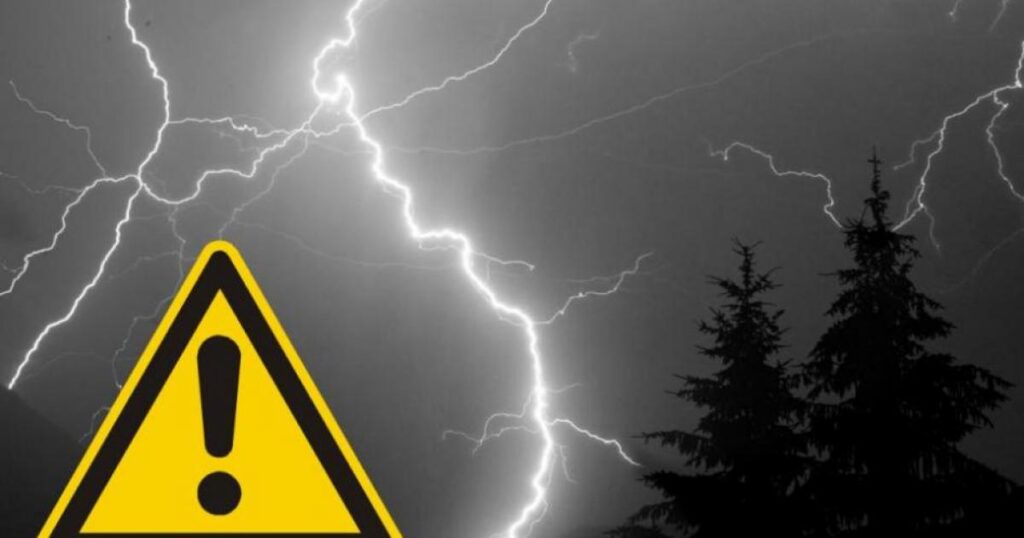The alert, the first of its kind this year, is in place from 9pm on Thursday to 8am on Sunday and covers London and the East of England, the East Midlands and the South East.
The Met Office has also issued yellow thunderstorm warnings for London as the warmer weather arrives.
The yellow thunderstorm warning will be in place from 3pm on Friday (June 13) to 6am on Saturday (June 14).
Under UKHSA and the Met Office’s Weather-Health alerting system, a yellow alert means there could be an increased use of healthcare services by vulnerable people.
It may lead to an increase in risk to health for individuals aged over 65 or those with pre-existing health conditions, including respiratory and cardiovascular diseases.
Dr Agostinho Sousa, head of extreme events and health protection at UKHSA, said: “Our findings show that even moderate heat can result in serious health outcomes, especially for older adults, and it is therefore important that everyone takes sensible precautions while enjoying the sun.
“The forecasted high temperatures are expected to be short-lived but could primarily impact those over the age of 65 or those with pre-existing health conditions.
“If you have friends, family or neighbours who are more vulnerable, it is important to check in on them and ensure they are aware of the forecasts and are following the necessary advice.”
Met Office chief meteorologist Neil Armstrong said: “A weather system will push northwards through tomorrow, bringing heavy rain and a risk of thunderstorms to parts of southwest England, most of Wales, and later into Northern Ireland.
“40mm of rain could fall in 3 hours or less, leading to the potential for disruption.
Further thunderstorms will develop during the afternoon across England and Wales, moving quickly northwards with hail and lightning.
“Temperatures will remain high, with 26 or 27C possible again in the north Midlands and parts of north London.”
Deputy chief meteorologist Tony Wisson said: “By Friday afternoon and evening, heavy and thundery showers are likely to spread across southeastern England and East Anglia, tracking north-eastwards overnight.
“With much of the rain falling in a short space of time, there is a risk of impacts such as surface water flooding. Frequent lightning, gusty winds and hail could pose additional hazards.”




